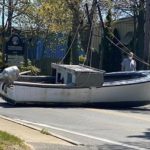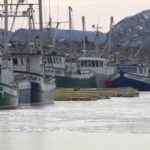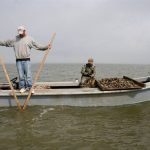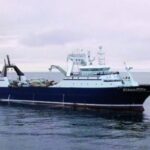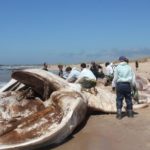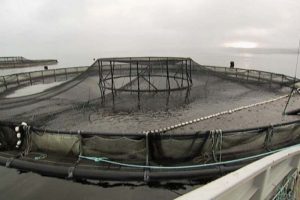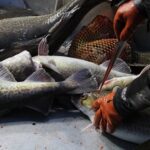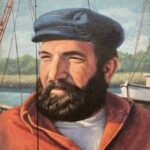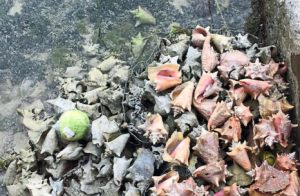Daily Archives: November 30, 2020
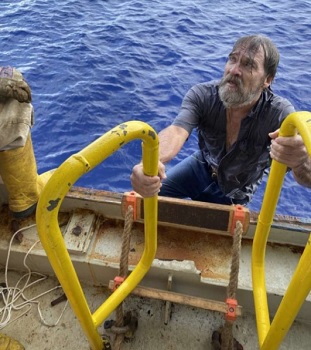
Man rescued after being spotted clinging to the bow of his sunken boat 86 miles east of Port Canaveral
The Coast Guard is monitoring the safe return home of Stuart Bee, a 63-year-old man, who departed Cape Marina, Port Canaveral, Friday, and was rescued Sunday, by the 225-meter motor vessel Angeles crew about 86 miles off the coast. The Angeles’ next port of call is Wilmington, Delaware. Bee is in contact with his brother who will assist in bringing him home once in Delaware. Receiving the alert, the Angeles’ crew lookout spotted Bee clinging to the bow of his boat at approximately 10 a.m. and brought him aboard, 5 photos, >click to read< 19:23

RCMP: Two charged following alleged incidents in St. Mary’s Bay during fisheries dispute
The charges were laid under the Vessel Operation Restriction Regulations for unsafe activity in St. Mary’s Bay near Saulnierville. On Nov. 26, the RCMP charged 34-year-old Brandon Alexander Maloney, of Hants County, for unsafe operation of a vessel in relation to an incident that took place Sept. 20 in St. Mary’s Bay. Maloney was a fisheries manager for Sipekne’katik at the time of the alleged incident. He has since been elected to council and no longer holds that manager position. Also charged is 26-year-old Shaquest India Miller of Yarmouth County, for unsafe operation of a vessel, relating to an Oct. 12 incident, in St. Mary’s Bay. Both are scheduled to appear in Digby Provincial Court on Feb. 15. >click to read< 17:23
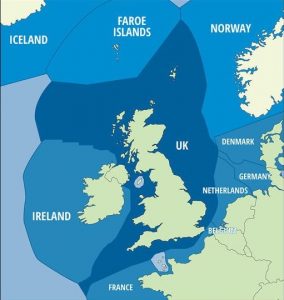
If Brexit is to mean anything we must end fraud of EU fishing boats registering as British
Last week, with surprisingly little fanfare given the years of high-profile politicking over our territorial waters, the Fisheries Bill was written into UK Law. The long awaited Bill slipped quietly into legislation,,, The fact that the fishing industry was the first industry to be sold out by Labour and Conservative governments as we entered the European Economic Community means, I firmly believe, it must be the first industry to be returned to the status demanded by full sovereignty. I watched hours of debate, as the Bill passed through the commons onto the House of Lords, in which more attention was given to marine conservation and sustainability than to how this bill will affect the United Kingdom’s fishing industry and coastal communities. >click to read< 15:25

Systemic racism: another view
A recent column by Dr. Jim Guy on the lobster fishery question (“Systemic racism plagues Nova Scotia’s fishery,”) is most thought provoking. Dr. Guy posits that at the core of this dispute lies systemic racism, luridly comparing the situation to the segregationist Jim Crow south of America’s past. I do not agree with his position, instead seeing the dispute as one between fishers contesting jurisdictional licensing and conservation issues and not one of race, much less one of systemic racism, where the very administrative arms of society are imposing racially biased polices against Indigenous fishers. By David Delaney, >click to read< 12:35
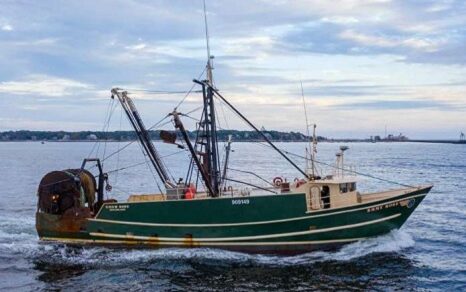
Friends and family raise nearly $100,000 for F/V Emmy Rose fishermen lost at sea – Please donate if you can.
A campaign to help the families of four fishermen lost at sea last week was approaching $100,000 Sunday night. The fundraising effort on the for-profit crowd funding platform called GoFundMe had raised just over $95,000 to ease the financial burdens of the four crewmen’s families. The Portland-based fishing vessel F/V Emmy Rose sank off the coast of Massachusetts during the early morning hours of Nov. 23. The fishermen who lost their lives at sea have been identified as (Captain) Robert Blethen Jr. of Georgetown, Jeff Matthews of Portland, Ethan Ward of Pownal, and Mike Porper of Gloucester, Massachusetts. >click to read< 10:18
There are four gofundme pages our readers should be aware of for the Families of F/V Emmy Rose – >click to read<
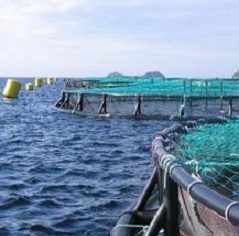
A history of toxic chemicals in the fish farming industry
When fish farms first appeared on the coast in the late 1970s, they seemed like an interesting idea. They could provide food, meet consumer demand, and perhaps alleviate the stress on wild stocks.,, Atlantic salmon and Norwegian owners became the new face of fish farms. The salmon are densely packed into the net pens, moving among their own faeces, fish pellets, and chemicals that are regularly dumped into the pens to deter the prevalent bacteria and sea lice that these conditions give rise to.,, “Many of the pesticides, insecticides and fungicides used by salmon farmers are derived from the Second World War’s chemical weapons programs,” writes Don Staniford in A Stain upon the Sea. These chemicals, used internationally, have poisoned the land via commercial agriculture, but were never intended to be dumped into the sea via aquaculture. >click to read< 09’10

































